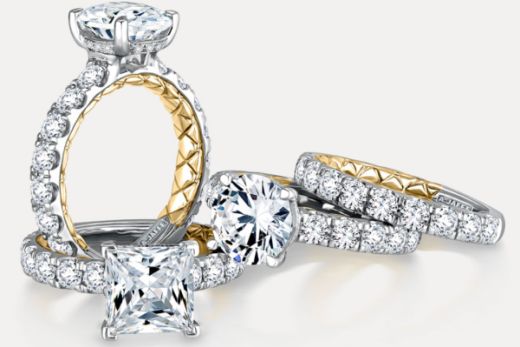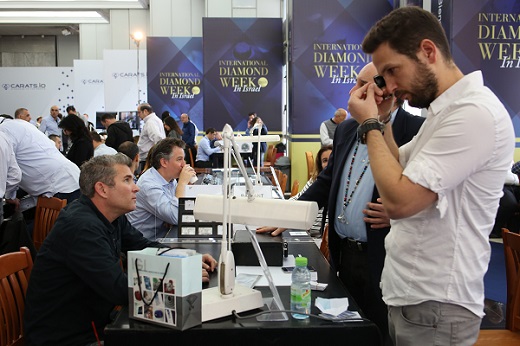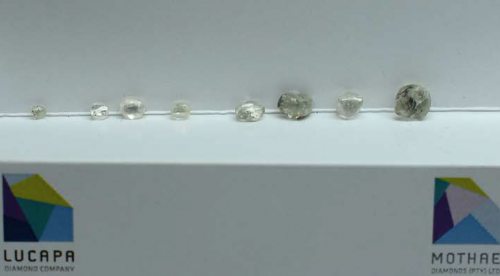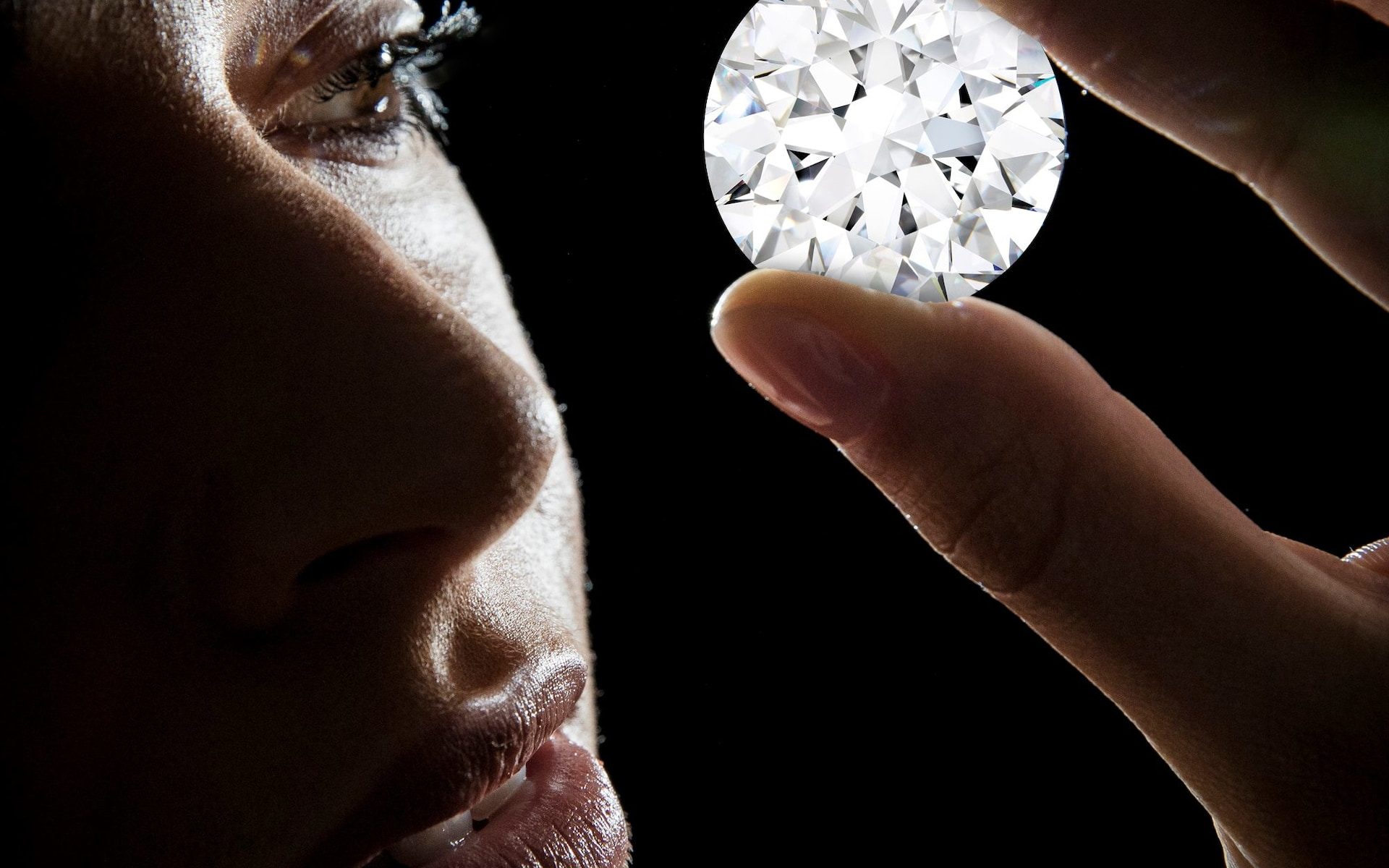The Israeli government has pledged $284 million (NIS 1 billion) to guarantee bank loans to diamond companies in an effort to ease the trade’s severe credit difficulties.
A lack of credit is stifling growth, especially among the smaller firms that constitute about 70% of the Israeli trade, according to a special committee set up to investigate the sector’s challenges.
The team — led by Naama Kaufman-Pass, deputy director-general of the nation’s Ministry of Economy and Industry — released its findings earlier this month, highlighting several ways in which the industry had hit a crisis.
Banks’ perception of the diamond sector as high-risk has led to a decline in total lending to the Israeli trade from $2.5 billion in 2008 to about $1 billion last year, the committee said in its report. Financial institutions are also refusing to accept dealers’ inventory as collateral, while competition from India and Belgium has added further damage to Israel’s market position.
To this end, the government fund will back companies’ borrowing, meaning that if they fail to repay a loan to a bank, the state will pay. While the committee submitted the policy to Eli Cohen, minister of industry and economy, as a recommendation, the lawmaker said the government was set to go ahead with the program.
“We have decided to allocate another billion shekels over the next five years to the diamond sector through credit guarantees,” Cohen told an audience at the International Diamond Week in Israel last week.
In addition, the committee suggested the government provide money for the bourse’s newly launched innovation laboratory, put cash into bringing more diamond buyers to Israel, support efforts to develop e-commerce opportunities, and contribute to other projects to boost the industry.
“The committee identified the main hurdles in small businesses’ activities in the sector, and its recommendations offer a comprehensive response to its needs,” Kaufman-Pass said.
The diamond trade is an important segment of the Israeli economy, representing about 13% of total exports, and employing about 9,500 people, according to the report. However, the 2008 global financial crash led to a 27% slump in Israel’s polished-diamond exports between that year and 2016, with the Chinese market slump in 2015 also denting demand.
“Implementing the committee’s conclusions, alongside other steps, is essential, considering the crisis the sector has been through,” Cohen added in a statement. “Their purpose is to provide new tools to help deal with challenges in the trade and to ease regulation, thereby growing both production and exports.”
Shay Rinsky, director-general of the Ministry of Economy and Industry, set up the committee in September to delve into issues of credit and growth in the diamond trade and examine how to bring the industry forward.
Source: diamonds.net





